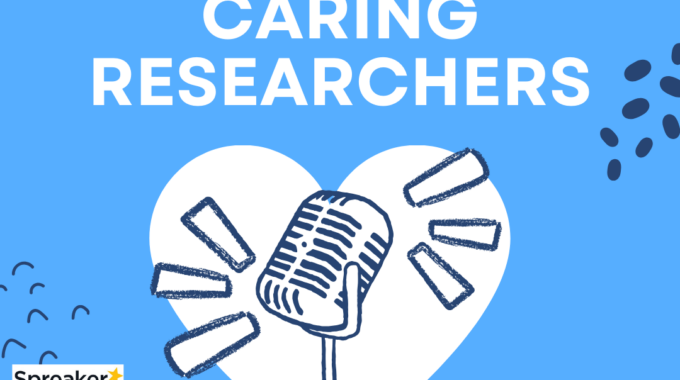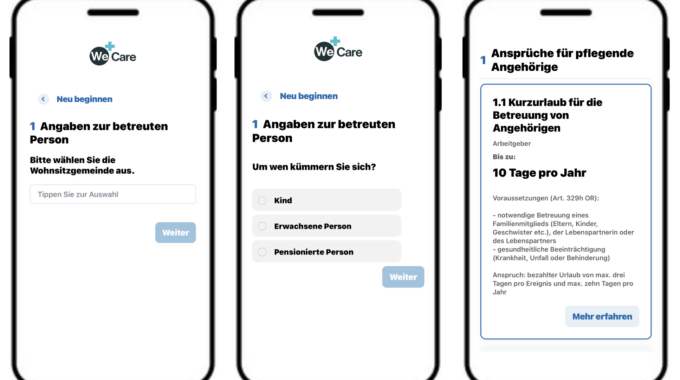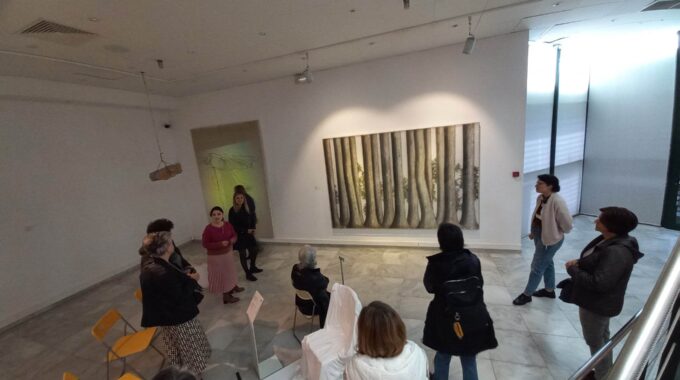
InfoCARE- Supporting Informal Caregivers of People with Dementia
The Greek Association of Alzheimer’s Disease and Related Disorders participates on this new and exciting Erasmus+ funded project. InfoCARE has a 2 year duration and aims to support informal caregivers by providing them with non-formal education on dementia, innovative devices to improve social interaction and by creating a network between informal carers through support groups. The InfoCARE consortium consists of 5 partners coming from 5 different countries across Europe. Specifically, the countries/organisations involved are Spain ( Foundation Sorapan de Rieros) which is the leading organisation, Austria ( Austrian Association of Inclusive Society), Greece ( Greek Association of Alzheimer’s Disease and Related Disorders), Turkey ( EURASIA Innovative Society Association ) and Denmark ( Danish Committee for Health Education).
Families, adults and legal guardians, the informal caregivers, are largely the main care providers of people suffering from dementia. Informal caregivers are often associated with higher levels of stress, more depressive and anxiety symptoms and lower levels of subjective well-being when compared to non-caregivers. The lockdown and the restrictive measures imposed due to COVID-19 pandemic have amplified the physical, emotional and economic burden of the informal caregivers of dementia patients.
Partner countries will develop a set of four modules on cognitive activities for dementia patients to provide informal caregivers with a training on coping with the cognitive deterioration of the people they care for. The activities will be adapted to allow the implementation in a remote format using innovative devices when being physically present is not possible i.e distance caring. The creation of network between informal caregivers will provide them with a support group which can serve as a collective coping tool for both psychological support and for sharing experiences and best practices. Each partner country will recruit at least 15 participants for a total of 75 participants to pilot each project result in order to test and optimise the projects outcome.
Magda Tsolaki, Neuropsychiatric Professor, Vice President Greek Association of Alzheimer’s Disease and Related Disorders
Panayiota Manola, MSc Mental Health Studies, MA Psychology, Research Associate Greek Association of Alzheimer’s Disease and Related Disorders





